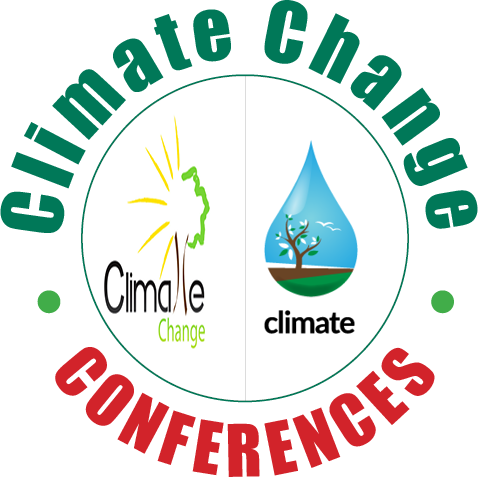
Inga Carlman
Mid Sweden University, Sweden
Title: To navigate within environmental limits for the benefit of future generations
Biography
Biography: Inga Carlman
Abstract
The negative effects of a changing climate have become increasingly evident along with the more detailed facts due to ongoing research. In spite of a number of societal steering tools (information, economic and legal) mankind seems to a great deal at loss on how to tackle the problems so as to get substantial results.
Vital parts embraced in this problem-picture are e.g. a) the competing paradigms and underlying theoretical assumptions b) the credibility and accuracy of different models and method, c) how to communicate the severeness of the problem to politicians, authorities, industry and the public at large, d) to adapt social steering-tools so as to e.g. make the importance of environmental quality standards understandable and hence change human conduct (Figure 1).
This paper analyses a number of models (both natural scientific and social scientific ones) and discusses their benefits and shortcomings. It furthermore brings up a) the role of public administrators to meet modern demands to take responsibility for future generations, and b) principles industry/business apply to stall proposed suggestions to tackle climate change.
Finally the paper proposes a number of suggestions on how to minimize barriers and to “level the path” for the generations to come.

